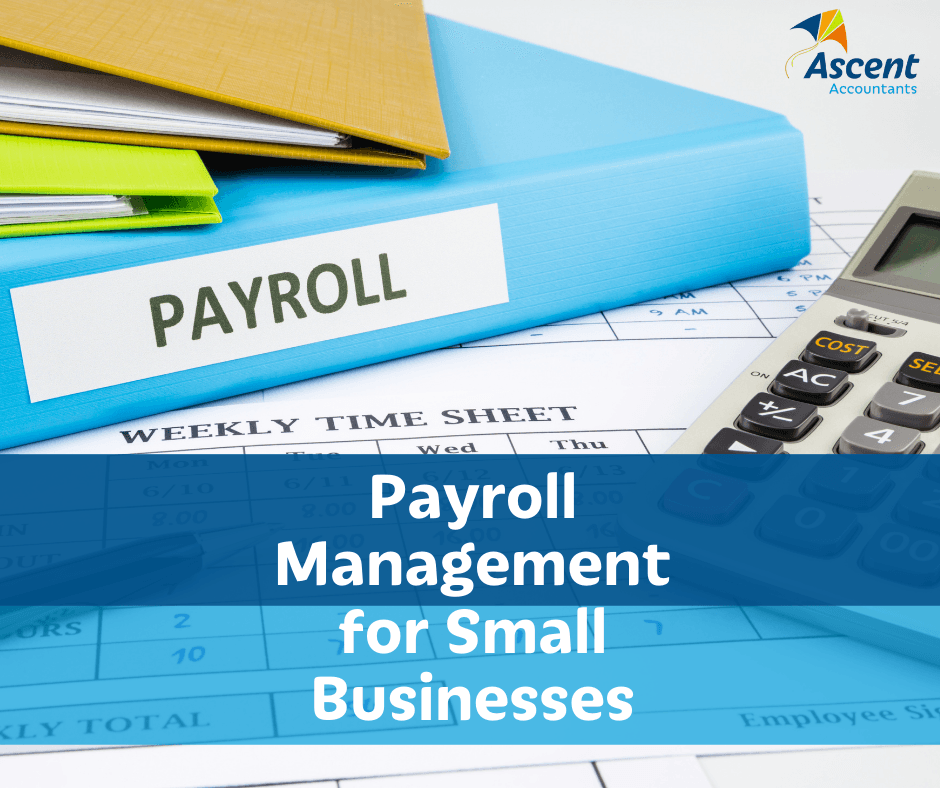Payroll Management for Small Businesses

Decide on a Pay Schedule & Salary Status
Two key decisions that have to be made as a small business owner when organising your payroll is pay frequency and wage status.
Pay frequency, which is also often called a pay schedule, is all about when you pay your employees and how often they get paid. The most common payroll schedules include weekly, fortnightly or monthly payments. This is up to your discretion, as the most important thing is that you keep your payroll consistent and on time.
Salary status is the other important payroll element to consider. Salary status is how employee wages are computed. You can choose between paying hourly rates or a salary.
Decide on a Payroll System & Set It Up
A payroll system is the way in which you calculate and manage your employees’ pay. There are 3 common ways to do this.
- Manual Payroll System: Some small business decided to manage their payroll themselves and by hand. The main reason to do payrolls like this is to save money. This is definitely a solid payroll option but it can also be tedious, time consuming and error prone.
- Outsourced Payroll System: If you are able to and can afford it, outsourcing and hiring someone else to do your payroll can be a great option. Usually they will handle everything from processing pays to handling tax withheld, payroll tax, superannuation and so on.
- Software Payroll Systems: Software payroll systems can be an excellent option as it’s the best of both worlds. It’s cost effective like manual payroll systems, but with the time saving, accuracy and convenience that outsourced payroll systems have.
There are several factors that you need to consider when deciding what payroll system is best for your small business. This includes budget and number of employees, as well as confidence. If you don’t have a solid background in accounting, that may automatically rule out doing your payroll manually.
Do Your Research
When managing your small business payroll, you need to make sure you have done your research and understand and abide by wage laws. This includes both federal and state. You will need to understand what your legal and financial obligations are as an employer, as well as keeping on top of other financial obligations such as payroll tax.
Another important element you need to consider when managing your payroll is outlining your small businesses payroll policy and processes. Before you run your first payroll, you will need to establish this. This ensures that everyone from management to your employees are on the same page about how your payroll works, when the payroll period is, how much they can expect to take home and how benefits such as leave and overtime will be paid.
Monitor Your Cash Flow
Keeping track of your small business cash flow is super important as you need to know that you can afford to pay your employees. If you are regularly falling short during your payroll period, you may need to step back and take a look at your cash flow and this could help you identify any underlying issues within your business. Some potential payroll problems can include over staffing and overpaying.
Overall, managing your small business payroll can be a stressful and time-consuming task. However, there are several steps that small businesses can take in order to make it easier, less stressful and less time consuming. Each decision is individual to each small business and you need to make each choice depending on what best suites you.
For further advice on payroll management, contact Ascent Accountants on 9356 8033
Need help with your accounting?








